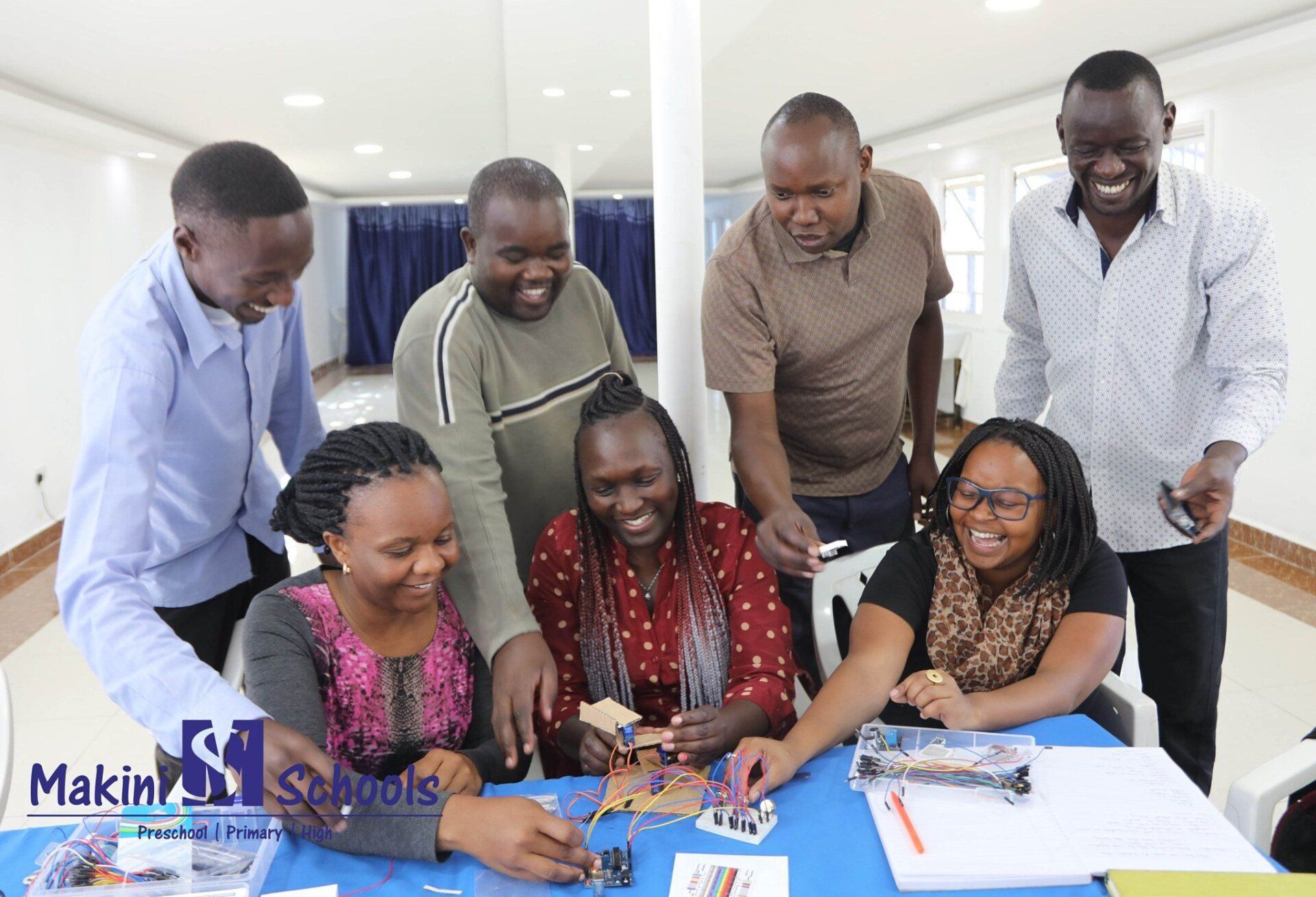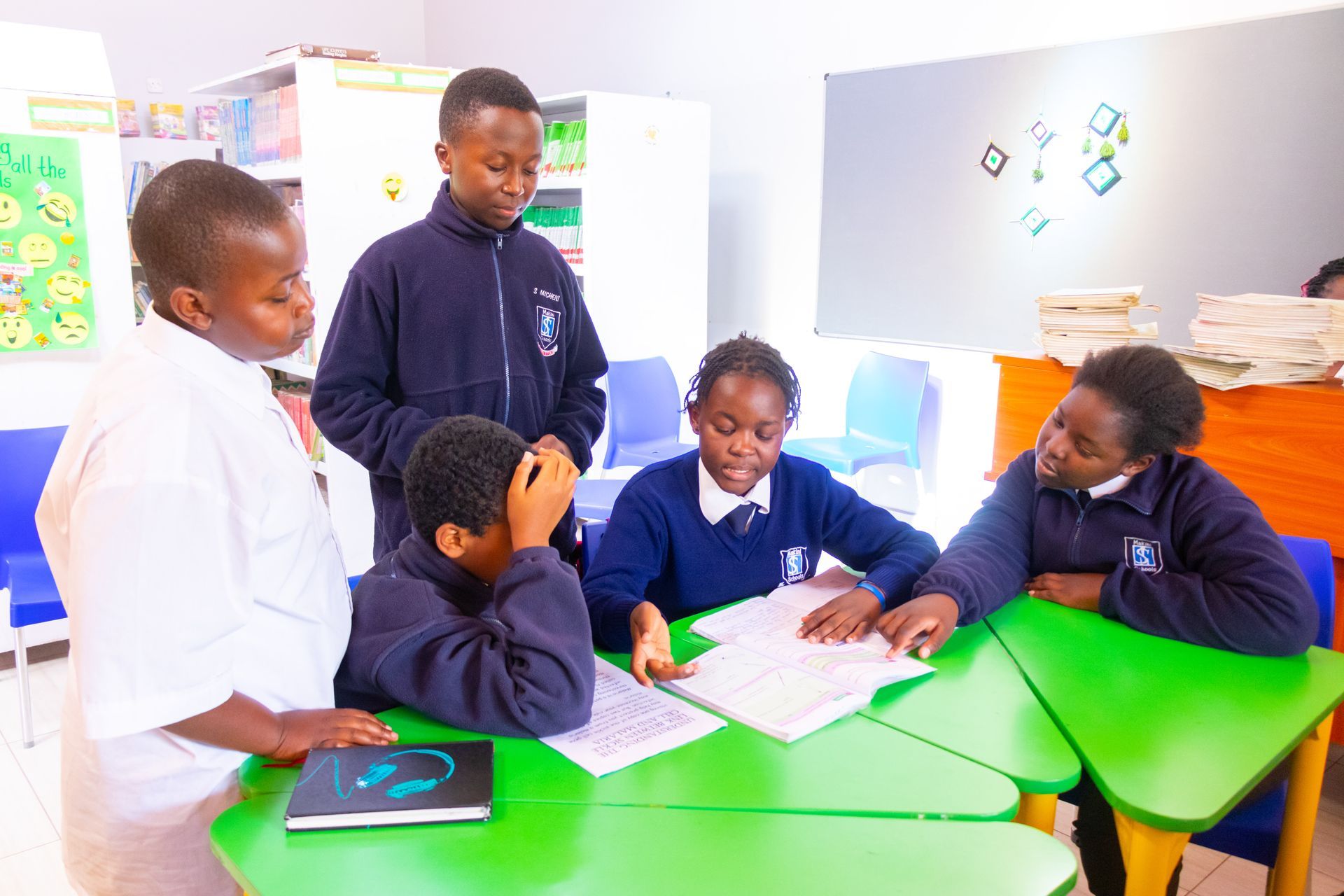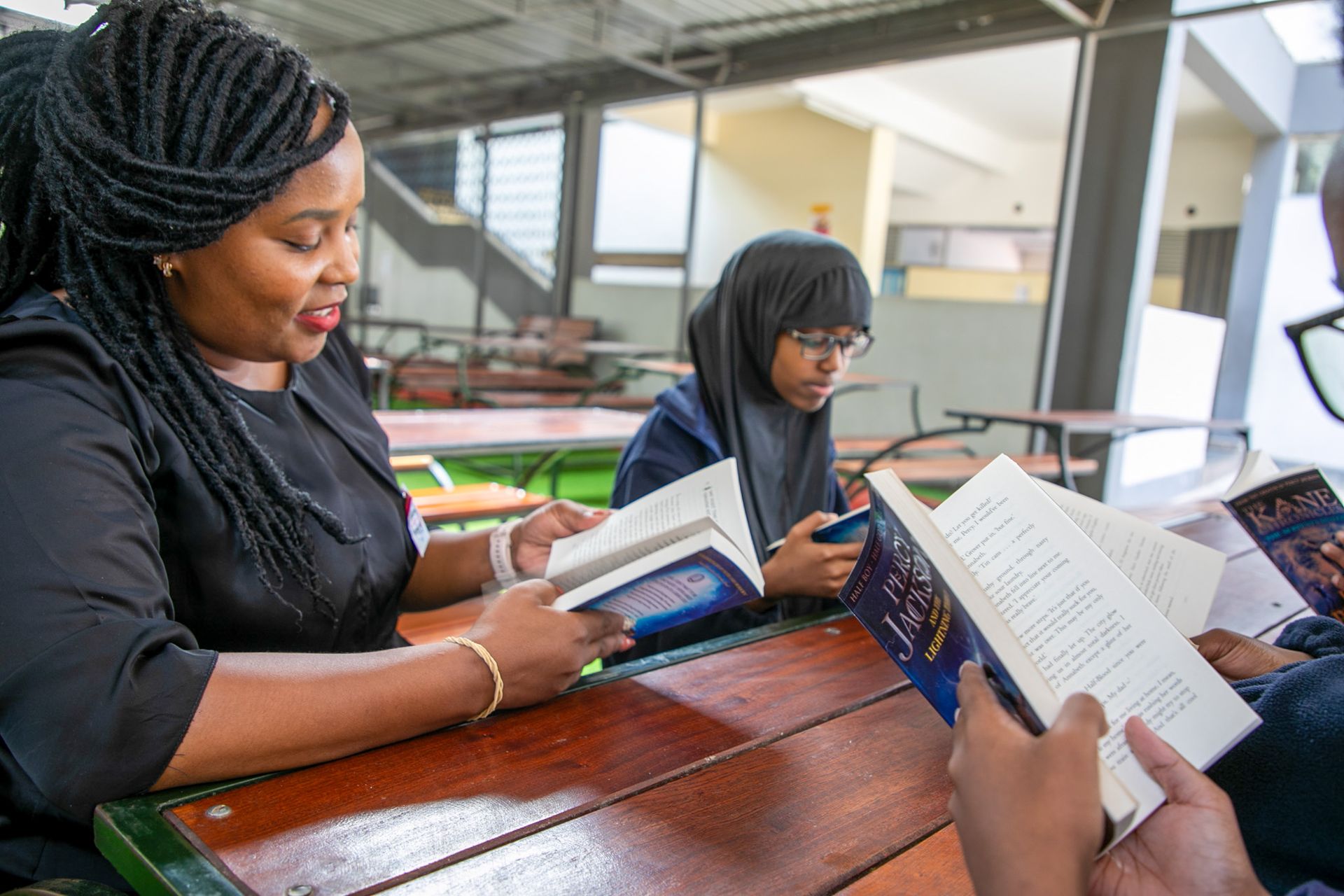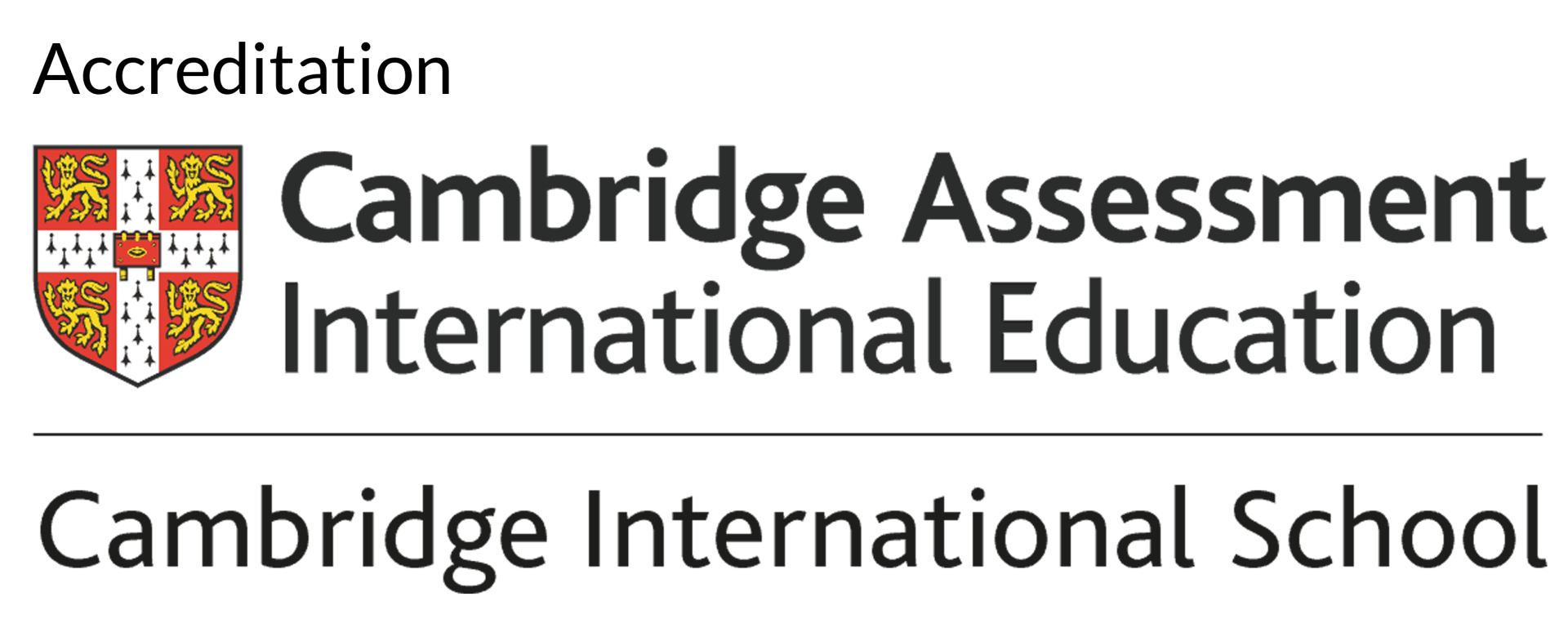Effective Homework & Study Strategies for Better Learning
Academic success doesn’t always come as a result of spending endless hours buried in books. By using smart, evidence-based methods that help students learn more in less time and with less stress. By adopting effective homework and study strategies, learners can improve their focus and strengthen their memory. By doing so, they can achieve better results while maintaining a healthy balance between academics and their personal life.
Why Effective Homework & Study Strategies Matter
Strong study habits are not just about getting good marks. They are also directly linked to reduced stress, better confidence and long-term academic growth. Research consistently shows that study habits for academic success are less about the total hours studied and more about the quality of the approach. Learners who practice structured, deliberate learning techniques have been seen to consistently outperform those who rely on late-night cramming or passive reading.
When effective homework and study strategies are used, learners can create a routine that supports both academic performance and emotional well-being. This helps learners stay motivated without feeling overwhelmed. Read more about these effective homework and study strategies here.
Building the Right Study Environment
The environment where learning occurs plays a major role in overall performance. A quiet, organised and comfortable space helps learners to remain focused and engaged. Distractions like phones, the TV or noisy surroundings can severely limit productivity.
Focus and concentration tips include simple steps like using planners or digital apps for task management, keeping materials organised and maintaining proper lighting. This can dramatically improve study outcomes. Posture and ergonomics also make a difference, since sitting comfortably for extended periods reduces fatigue and boosts focus as well as overall efficiency.
Time Management Techniques for Students
Managing time well is an essential skill for balancing schoolwork, personal life and rest. Practical methods of time management for students include the following:
- Pomodoro technique: Studying for 25 minutes followed by a 5-minute break to sustain energy and attention.
- Time blocking: Allocating fixed periods for specific tasks, such as math revision or essay writing.
- Prioritisation: Identifying the most urgent or challenging tasks and tackling them first.
Setting small, achievable goals per study session prevents learners from feeling overwhelmed. Regular breaks improve learning outcomes. Ultimately, balancing study with relaxation ensures that learners stay productive without burning out.
Proven Study Strategies That Work
Science-backed methods help students learn more effectively and retain information longer. Some of the most powerful strategies include:
- Active recall: Testing yourself instead of passively reading through notes.
- Spaced repetition: Reviewing material at increasing intervals in order to strengthen memory.
- Note-taking techniques: Using formats like Cornell notes or mind maps to organise knowledge in a visual way.
- Practice tests: Completing past papers to simulate exam conditions and build up confidence.
When done together, these learning retention techniques provide a foundation for deep, long-term understanding and retention.
Homework Strategies for Success
Homework can feel overwhelming for learners. But, it doesn’t have to. Adopting structured, practical approaches to homework completion can make a big difference:
- Break large assignments into smaller, manageable chunks.
- Tackle difficult tasks first while energy and focus are at their highest.
- Avoid procrastination by setting a specific start time and then sticking to that time.
- Establish a productive homework routine by studying at the same time and in the same place daily.
When learners are consistent, they can reduce stress and build momentum, making homework an opportunity for reinforcement rather than it feeling like a burden.
Boosting Concentration & Motivation
Maintaining focus can be challenging, especially with constant digital distractions. Effective focus and concentration tips include turning off unnecessary notifications, studying in a quiet space and setting clear boundaries around study time.
Motivation is also important. By setting rewards for milestones, studying with an accountability partner or connecting academic goals to long-term career aspirations can encourage learners to be persistent in their approach. Healthy habits like regular sleep, exercise and balanced nutrition play a critical role in maintaining both concentration and energy levels.
Strategies for Parents & Teachers to Support Students
Learners benefit most when they feel supported by parents and educators who understand the importance of structure and encouragement. Some key strategies include:
- Encouraging independence while offering guidance when necessary.
- Helping to set up a structured homework schedule that prioritises consistency.
- Watching for signs of stress, burnout or anxiety, and intervening early with supportive conversations and strategies.
By working together, parents and teachers can help learners establish study habits for academic success that last a lifetime.
Common Mistakes to Avoid
Even with the best intentions, many learners fall into traps that undermine their efforts:
- Overstudying without breaks tends to reduce learning efficiency.
- Multitasking during study time, splitting attention between schoolwork and distractions like social media.
- Last-minute cramming, which often leads to high stress and poor long-term retention.
Avoiding these common mistakes is just as important as adopting effective homework and study strategies.
Academic excellence is built on strategy and not just sheer effort. By using learning retention techniques, developing a productive homework routine, applying time management for students and following practical focus and concentration tips, learners can achieve more while feeling less stressed.
The key is to try different approaches and identify which ones work best for each individual. With support from parents, teachers and peers, learners can build strong study habits that extend beyond the classroom and into their future careers.
At Makini School we are passionate about our learners and their success. That’s why our educators are highly equipped to assist them in achieving their very best. Should you wish to find out more about school and all that it has to offers, please don’t hesitate to get in touch with us.
FAQs
1. What are the most effective study strategies for exams?
Active recall, spaced repetition and practicing on past papers are among the most effective strategies.
2. How can students avoid procrastination while doing homework?
By breaking tasks into small steps, setting clear start times and creating a productive homework routine can ensure that learners don’t procrastinate.
3. What role does environment play in effective studying?
A quiet, well-lit, organised environment supports better focus and concentration, leading to more effective study sessions.
4. How can parents help children develop strong study habits?
Parents can encourage consistency, provide structure and assist in balancing support with independence.
5. What are common mistakes students make when studying?
Overstudying without breaks, multitasking and relying on last-minute cramming are some of the most common mistakes.













